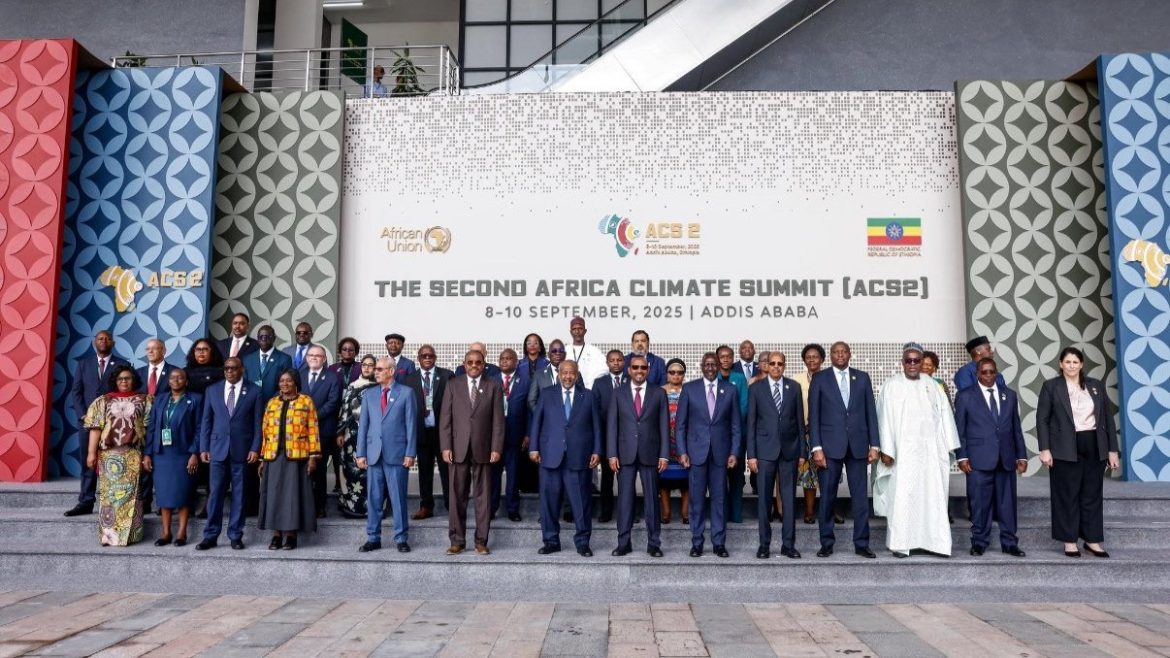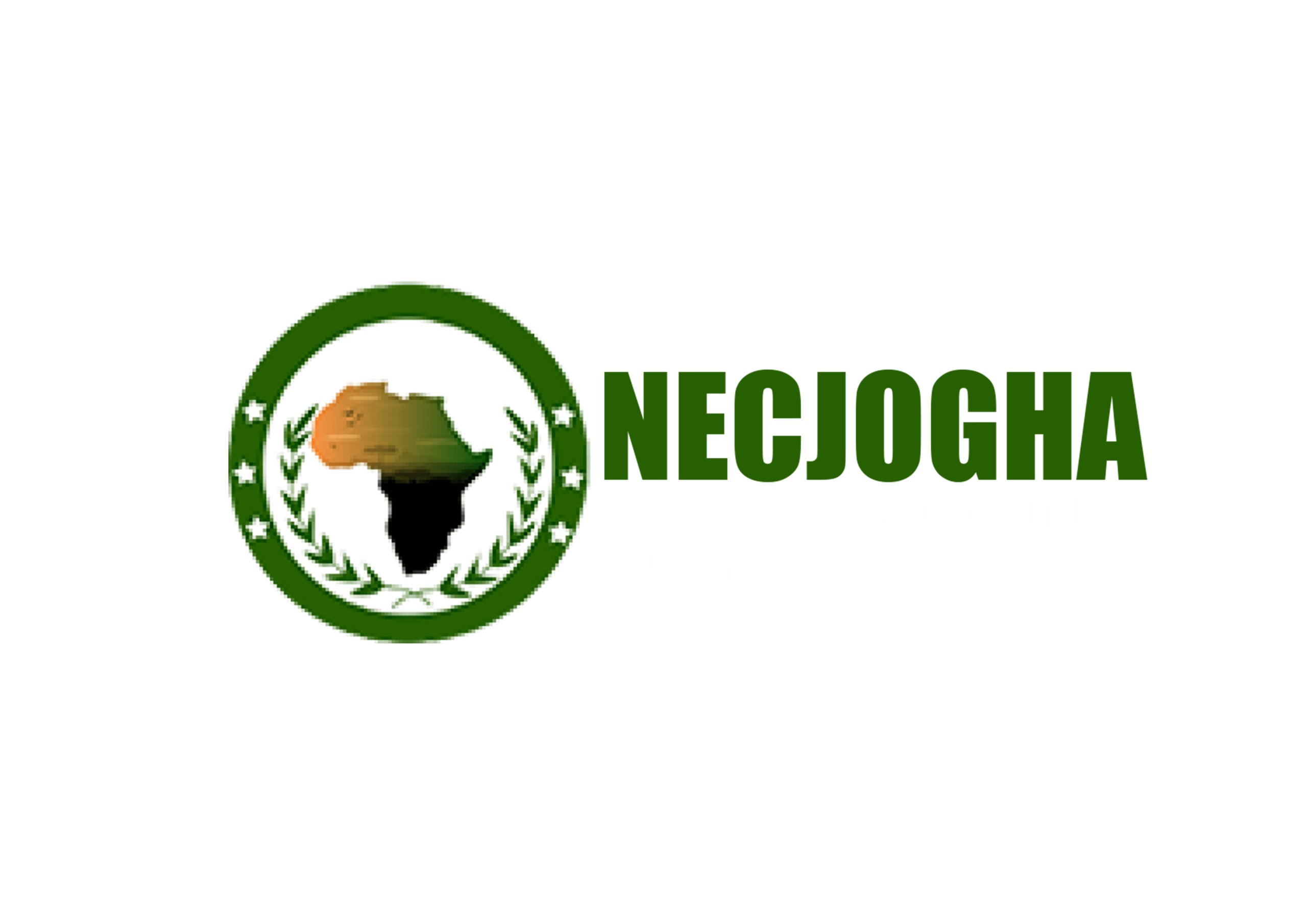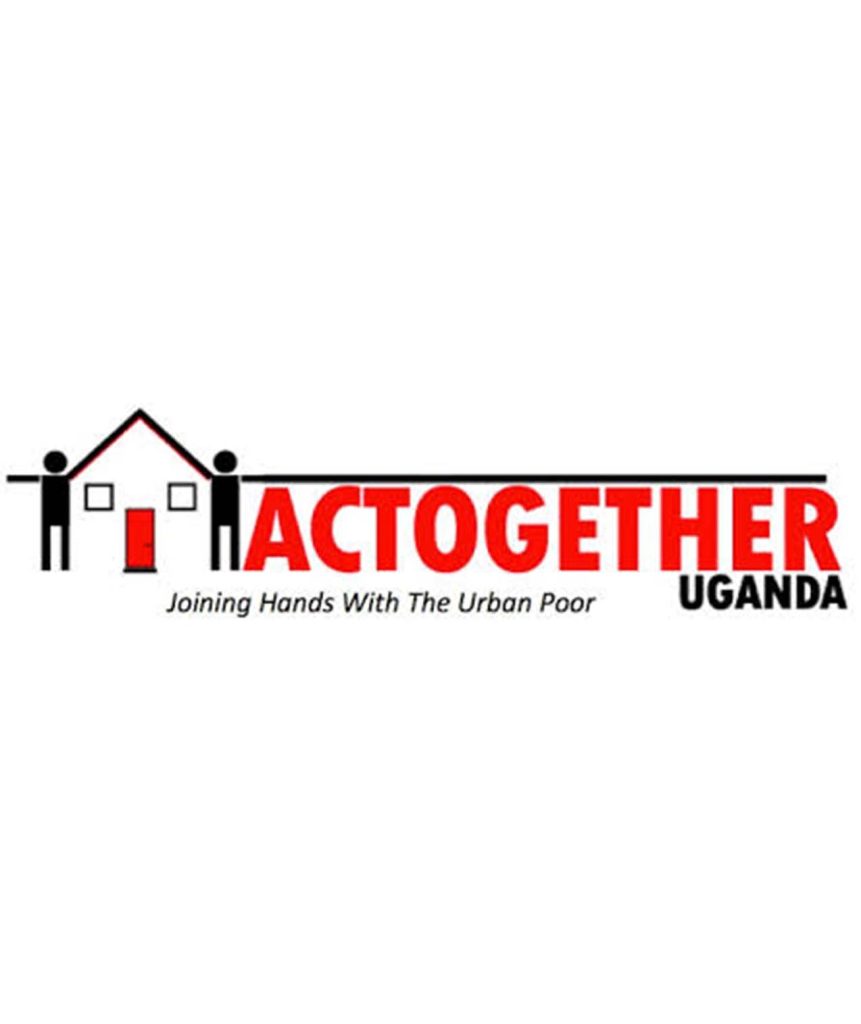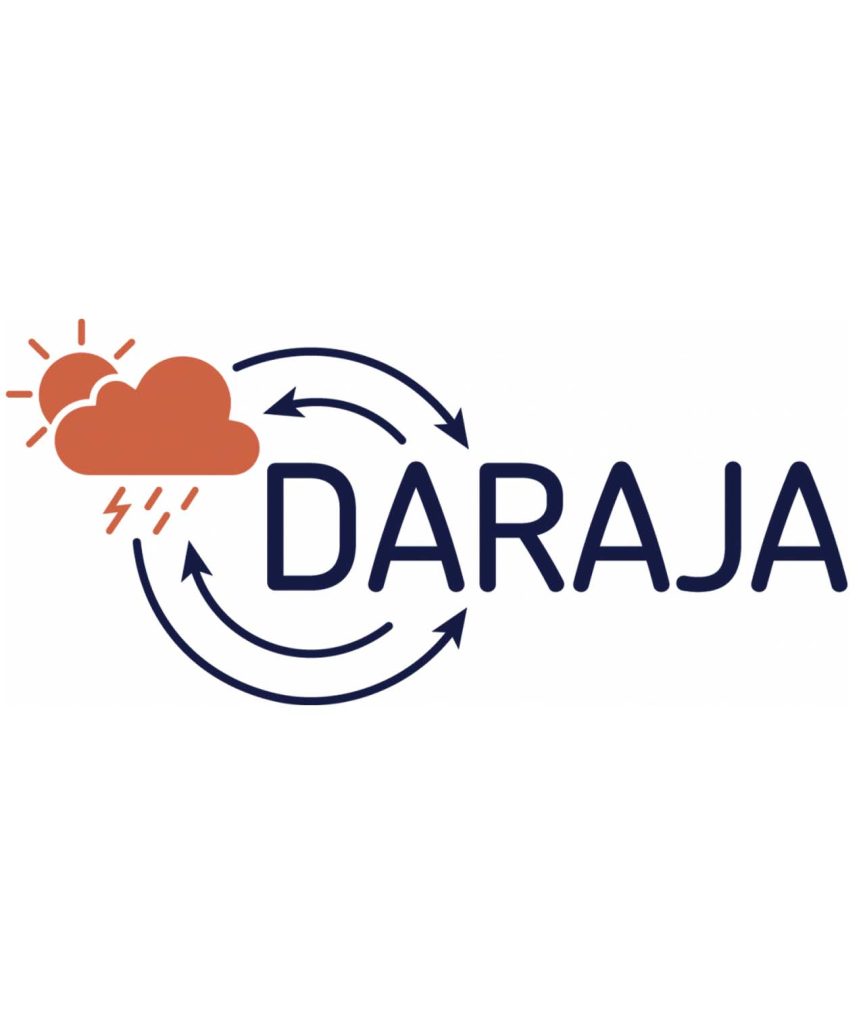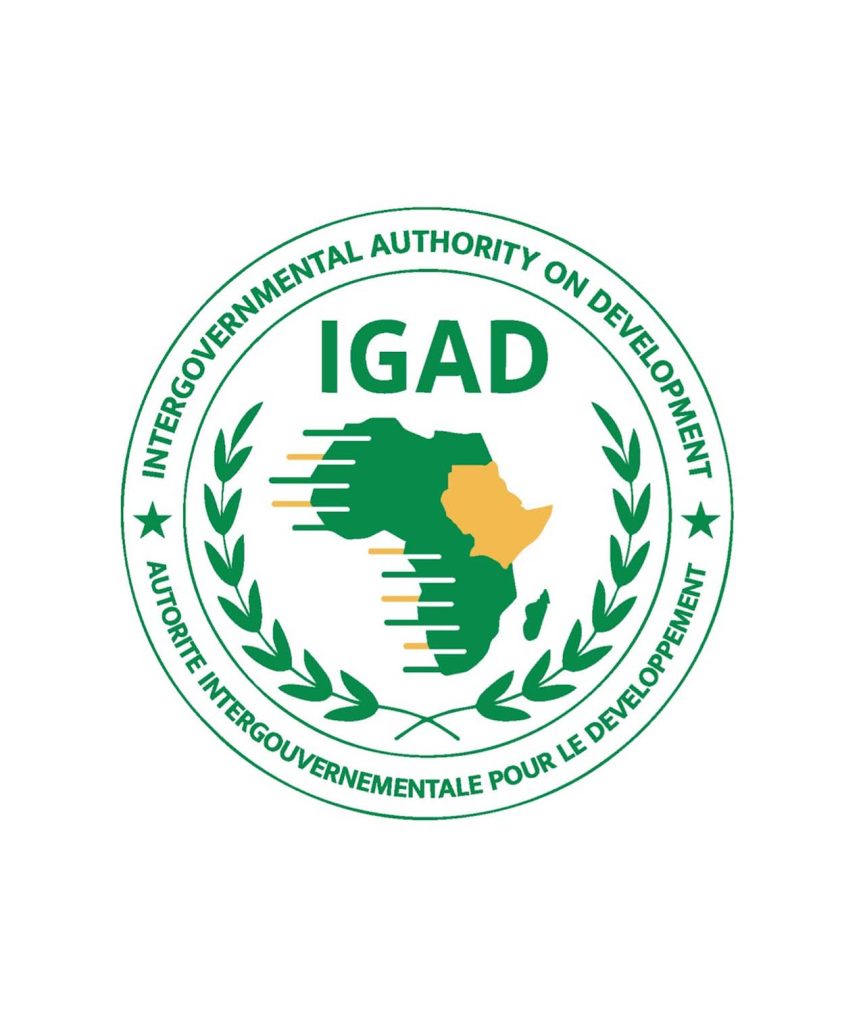The African Coalition of Communities Responsive to Climate Change (ACCRCC), representing grassroots communities across Africa, has reviewed the Draft Addis Ababa Declaration adopted at the Second Africa Climate Summit (ACS2).
We welcome the recognition within the African Leaders’ Declaration that Africa’s climate response must be anchored in justice, inclusivity, and respect for the rights of numerous grassroot vulnerable groups. Commitments to scale up grant-based climate finance, expand renewable energy access, strengthen loss and damage funding, and promote community-led nature-based solutions are positive steps that echo the demands of our members on the frontlines of climate impacts across the continent.
However, as grassroots communities who carry the heaviest burden of climate change, the ACCRCC cannot give unconditional support given a number of concerns noted within the Declaration and demands bred. These are;
- On Direct Access to Climate Finance, the ACCRCC demands that Climate funds must flow directly to community organizations and local governments, contrary to the implied thread captured by the Leaders Declaration which cites all to flow only through national ministries and international agencies. We hold that as examples from side events at the ACS2 demonstrated, simplified procedures, small-grant mechanisms, and community-led financing windows are essential to ensure resources reach those most affected, and they are in sub-national localities within rural and hard to reach areas..
- On Fair and Just Carbon Markets- The ACCRCC note that while the Declaration references benefit-sharing and integrity, carbon markets risk is however becoming another avenue for exploitation. Communities demand education, capacity building and legally binding safeguards for free, prior, and informed consent (FPIC), transparency, and equitable sharing of benefits.
- On Agriculture and Food Security- The ACCRCC is of the view that the commitments to support smallholder farmers—especially women and youth—must translate into guaranteed allocations for climate-resilient seeds, irrigation, and insurance. Communities must be involved in designing and monitoring these programs.
- ON Accountability and Participation- Without clear accountability, lofty promises the leaders came out with risk being captured by elites a the exclusion of the vulnerable populations. The ACCRCC and its partners call for strengthened independent monitoring mechanisms that include civil society and community coalitions like ACCRCC to track delivery of finance and outcomes on the ground.
- On Extractive Minerals and Just Transition- The ACCRCC is encouraged by the language on green minerals. However, this must not repeat the mistakes of resource exploitation that has existed since most of our independent states became. The ACCRCC and its partners demand community-centered governance of mineral projects to prevent displacement, environmental harm, and labor exploitation.
As ACCRCC, we therefore offer conditional support to the Addis Ababa Declaration. Our support is tied to a commitment from African leaders and international partners to:
- Put grassroots communities at the center of implementation.
- Guarantee direct and fair access to finance, technology, and decision-making.
- Uphold climate justice and social justice as guiding principles in every policy and investment.
Africa cannot afford declarations that remain on paper while vulnerable frontline communities face droughts, floods, displacement, climate-induced conflicts, mental anguish, psychological stress and hunger. We call on African leaders, development partners, and global institutions to ensure that this declaration is translated into real, tangible, and just outcomes for Africa’s people.
For communities, climate justice is not a slogan it is survival.

